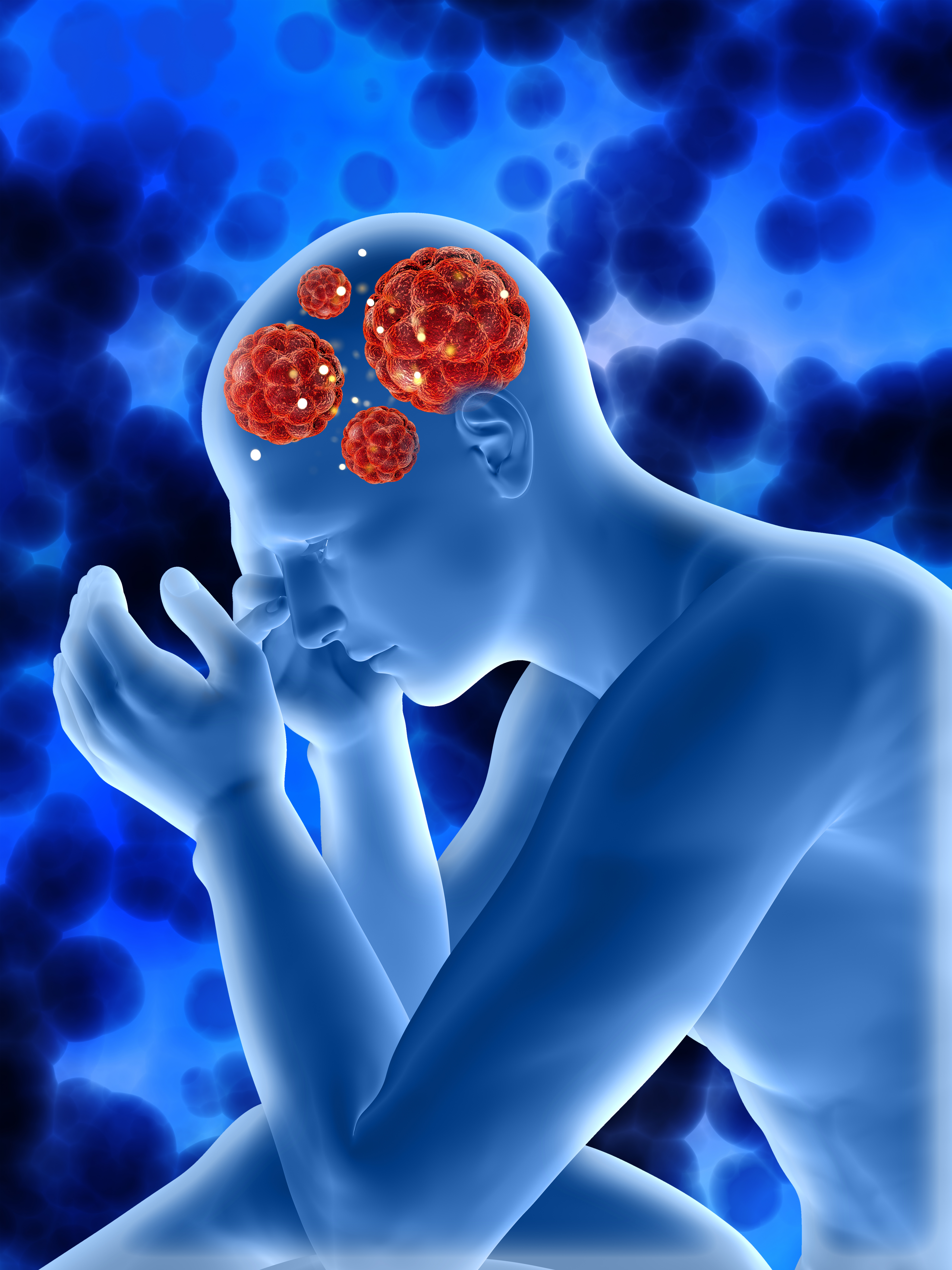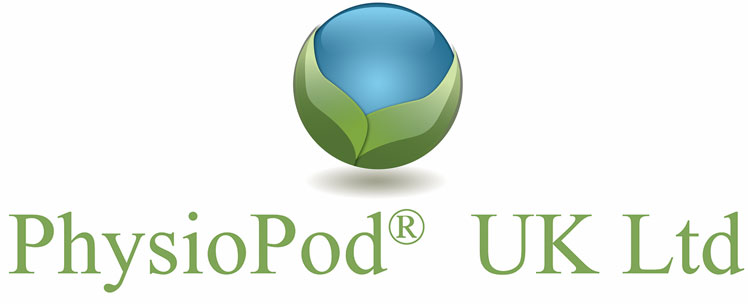Could Deep Oscillation Help With Motor Neurone Disease?
Question raised by Deep Oscillation Therapist: September 2023

Answer:
There is no official research, but as deep oscillation therapy is a non-invasive and painless treatment, it can provide various benefits to individuals with motor neuron disease (MND). While deep oscillation cannot cure or reverse the condition itself, it can help alleviate some of the symptoms and improve overall well-being. Here's how it can help:
1. Pain relief: Deep oscillation therapy uses low-frequency vibrations to penetrate deep into the tissues, creating a gentle and pleasant feeling. This can help reduce the pain and discomfort often experienced by individuals with MND.
2. Muscle relaxation: The oscillations generated during the therapy can induce muscle relaxation, reducing muscle stiffness and spasticity. This can enhance mobility and flexibility, making movement easier for individuals with MND.
3. Oedema reduction: MND can cause fluid buildup in the affected muscles, leading to swelling. Deep oscillation therapy has been shown to help reduce oedema by improving lymphatic drainage and aiding in the elimination of excess fluid.
4. Improved blood flow: By enhancing microcirculation, deep oscillation therapy promotes better blood flow to the affected areas. This can facilitate the delivery of nutrients and oxygen to the muscles, helping to maintain their health and functionality.
5. Enhanced tissue healing: Deep oscillation can stimulate cellular activity and promote tissue regeneration. This can be beneficial for individuals with MND who may experience muscle damage or atrophy, as it may support the healing process and potentially slow down the progression of muscle degeneration.
6. Relaxation and stress reduction: The therapy induces a deep relaxation response, triggering the body's relaxation mechanisms. This can help reduce stress, anxiety, and tension often associated with living with MND, improving overall well-being and quality of life.
It is important to note that deep oscillation therapy should only be used where contraindications have been checked, as a complementary treatment alongside other forms of care for MND, such as physical therapy, occupational therapy, and medication management.

